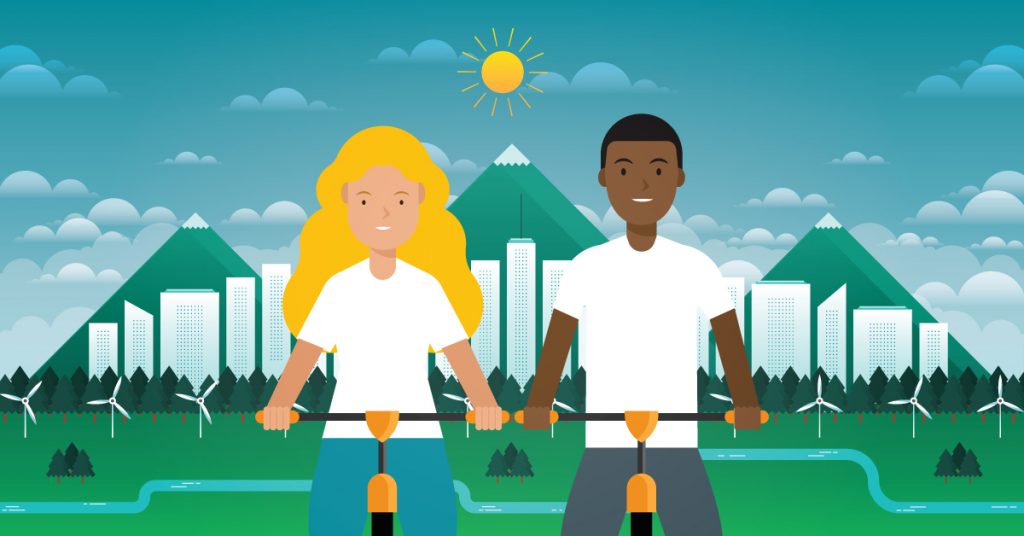In the pursuit of environmental wellness, the concept of a circular economy has emerged as a powerful framework for sustainable resource management and waste reduction. Unlike the traditional linear economy, which follows a “take-make-dispose” model, a circular economy aims to keep resources in use for as long as possible, extracting maximum value from them and minimizing waste generation. By embracing the principles of a circular economy, we can create a more sustainable and regenerative approach to production and consumption, leading to improved environmental wellness.
One of the key principles of a circular economy is designing products and systems with durability and longevity in mind. By prioritizing quality over quantity, we can reduce the demand for new products, thus conserving resources and reducing the environmental impact associated with their manufacturing. Designing products for repairability, upgradability, and recycling ensures that they can be kept in circulation for longer, minimizing the need for constant replacements.
Another essential aspect of a circular economy is the efficient use of resources through recycling and reusing. By implementing robust recycling systems and infrastructure, we can recover valuable materials from discarded products and reintroduce them into the production cycle. This not only reduces the extraction of virgin resources but also minimizes the energy consumption and greenhouse gas emissions associated with raw material extraction and processing. Encouraging and supporting businesses that utilize recycled materials in their production processes further drives the shift towards a circular economy.

In addition to recycling, the concept of “closing the loop” involves reusing products and components to extend their lifespan. This can be achieved through practices such as refurbishment, remanufacturing, and repurposing. By enabling consumers to return products at the end of their life for refurbishment or remanufacturing, we can eliminate the need for new production while simultaneously reducing waste generation. Repurposing products and materials for alternative uses also contributes to resource conservation and waste reduction.
The sharing economy is another vital component of a circular economy. By facilitating the sharing or renting of products instead of individual ownership, we can optimize resource utilization and reduce the overall demand for new products. Shared mobility services, such as car-sharing and bike-sharing, help reduce the number of vehicles on the road, leading to decreased pollution and congestion. Peer-to-peer sharing platforms for goods and services also promote resource efficiency and foster a sense of community.
Furthermore, the concept of waste-to-value plays a significant role in a circular economy. Rather than viewing waste as a burden, it is seen as a potential resource. Innovative technologies and processes, such as composting, anaerobic digestion, and waste-to-energy conversion, enable the transformation of organic waste into valuable products such as fertilizers, biogas, and electricity. These practices not only divert waste from landfills but also contribute to the generation of clean energy and the reduction of greenhouse gas emissions.
Education and awareness are crucial for driving the transition towards a circular economy. By promoting sustainable consumption patterns, raising awareness about the benefits of a circular economy, and providing information on recycling and waste management practices, individuals can actively participate in and support the shift towards a more sustainable economic model.
In conclusion, the adoption of a circular economy is essential for achieving environmental wellness. By prioritizing product durability, implementing efficient recycling systems, encouraging reuse and sharing, and transforming waste into value, we can conserve resources, reduce waste generation, and minimize environmental impacts. Embracing the principles of a circular economy not only benefits the environment but also creates economic opportunities, fosters innovation, and promotes a more sustainable and regenerative approach to production and consumption. Let us work together to embrace the principles of a circular economy and pave the way towards a more sustainable future.

